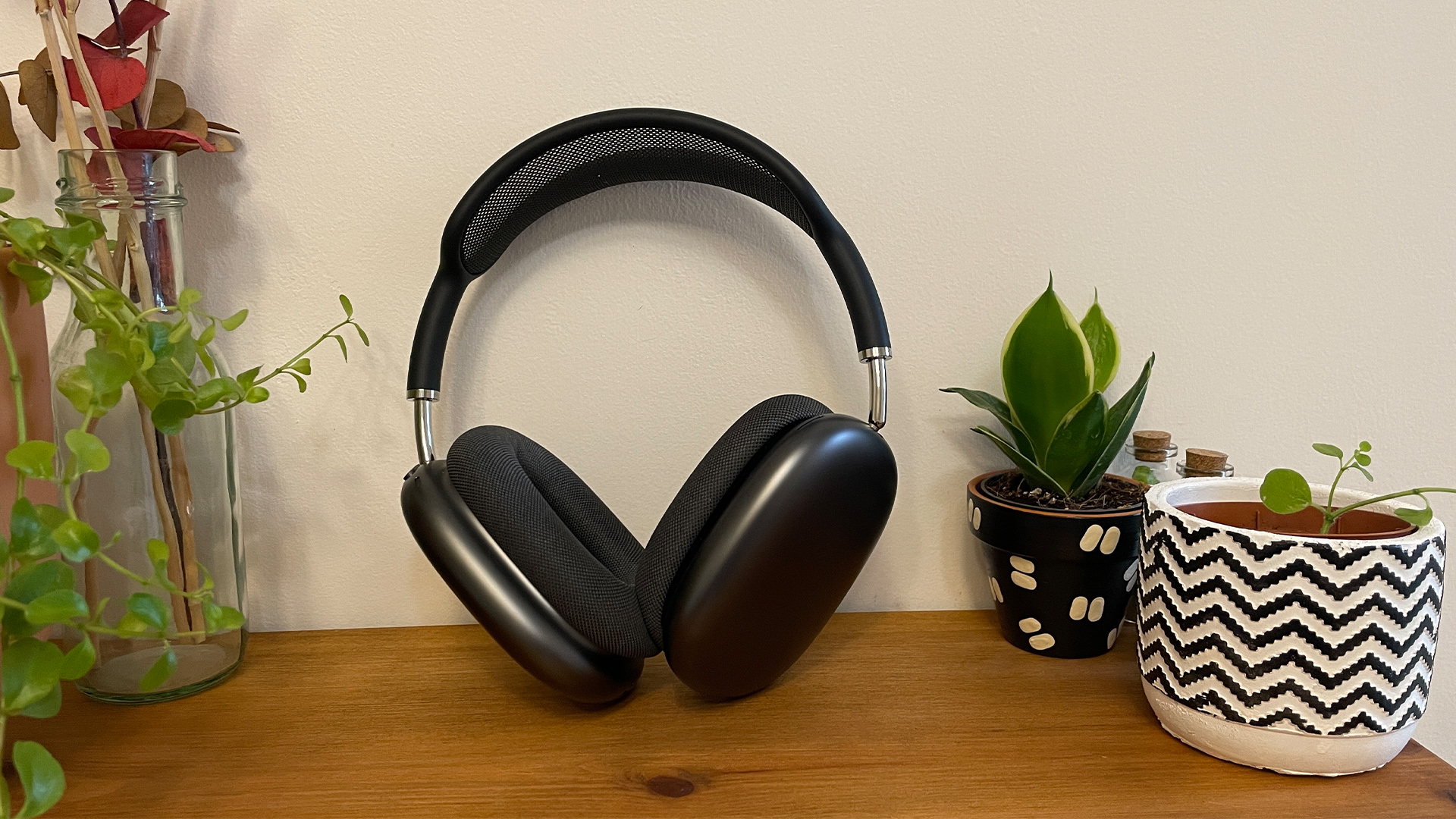Forget the Pixel Fold, I want Google to build wireless headphones to rival the AirPods Max
Premium or affordably priced, I really don't mind

So, Google I/O is over for another year. In case you missed it, we were treated to three new pieces of hardware: Google’s first-ever folding phone, the Pixel Fold, a cheaper version of Google’s Pixel 7 smartphone called, unsurprisingly, the Pixel 7a and a new iPad-rivalling Google Tablet.
Colour me unimpressed. What I was really hoping for was for Google to build on its portfolio of Pixel wireless headphones. After all, it has already put the funds in to develop wireless earbuds in the past, why can't it stretch to a pair of wireless over-ears to rival the AirPods Max?
Google already has the Pixel Buds

When Google launched its first-ever pair of Pixel Buds back in 2018, they were distinctly average. And expensive too. But since then they have evolved into something we can actually recommend.
A new model arrived on the scene in the summer of 2021 and we immediately took a liking to them. In our Pixel Buds A-Series review, we said they delivered, "an all-round sound performance that stands up there with the best in the market at this price". You could say they were Pixel perfect...
Google then launched the Pixel Buds Pro in July 2022, with a tweaked design, active noise cancelling and longer battery life. At the time of writing, these AirPods Pro rivals cost £179 / $160 / AU$219. It's one pair we haven’t tested yet, but just their presence goes to show Google now fancies its chances and wants a piece of the earbuds pie.
If Apple can do it...

So in my eyes, isn't the most natural next step to have a stab at a pair of over-ears with similar functionality? After all, Apple has proved there is an appetite for premium wireless headphones with the AirPods Max. Obviously, it helps that they happen to be a fantastic pair of headphones that sound brilliant and offer cutting-edge ANC. In our Apple AirPods Max review, we said, “They more than justify their premium price tag.”
Google should also consider it because there is less competition in this sector of the market. Love it or hate it, Apple was pretty brave launching a pair of wireless headphones with such a lofty price tag back in December 2020. But it was confident when it came to design, build and performance, and the numerous positive reviews across the internet show they hit the spot.
Get the What Hi-Fi? Newsletter
The latest hi-fi, home cinema and tech news, reviews, buying advice and deals, direct to your inbox.
Why can't Google?
I suppose the question is does it make financial sense to Google? Does it see a pair of headphones at this price point as a bit of a risk? After all, it doesn’t really have a long line of audio products in its back catalogue in the same way that Apple does. The Cupertino giant hasn’t always hit the spot (Apple iPod Hi-Fi anyone?) but over time it has built a product line in AirPods that offers something for everyone.
But, thinking about it, Google's pair wouldn't need to be as pricey as the AirPods Max. Sure, this could place them up against some serious rivals from the likes of Bose, Sony and Sennheiser, but it hasn't stopped Microsoft having a stab at the over-ear market with its Surface headphones which are now in their second-generation design.
You’re not telling me that Google couldn’t divert some funds into R&D for a pair of wireless over-ears purpose-built to make the most of Android? Come on Google, you know it makes sense.
They just need to be built well, comfortable, have competitive battery life, and have excellent sound quality. Throw in advanced Google Assistant functionality, spatial audio with dynamic head tracking and a unique feature or two just for Android smartphone users and it's job done. They could even play nicely with a Google Chromecast with Google TV like the AirPods Max do with an Apple TV 4K.
Oh, and a carry case that doesn't look like a bra would definitely be a bonus. Well, Google, I'm waiting...
MORE:
Google may have just let slip the future of Spotify – here's why
Here's our pick of the best wireless earbuds
Read our AirPods Max review
Andy is Deputy Editor of What Hi-Fi? and a consumer electronics journalist with nearly 20 years of experience writing news, reviews and features. Over the years he's also contributed to a number of other outlets, including The Sunday Times, the BBC, Stuff, and BA High Life Magazine. Premium wireless earbuds are his passion but he's also keen on car tech and in-car audio systems and can often be found cruising the countryside testing the latest set-ups. In his spare time Andy is a keen golfer and gamer.
-
DavidDS Given the poor sound quality offered by YouTube Music, I can't think of any reason why Google would want to do this. Better headphones will only reveal to their customers how bad their music offering is and push them into the arms of Qobuz, Tidal or Amazon.Reply

